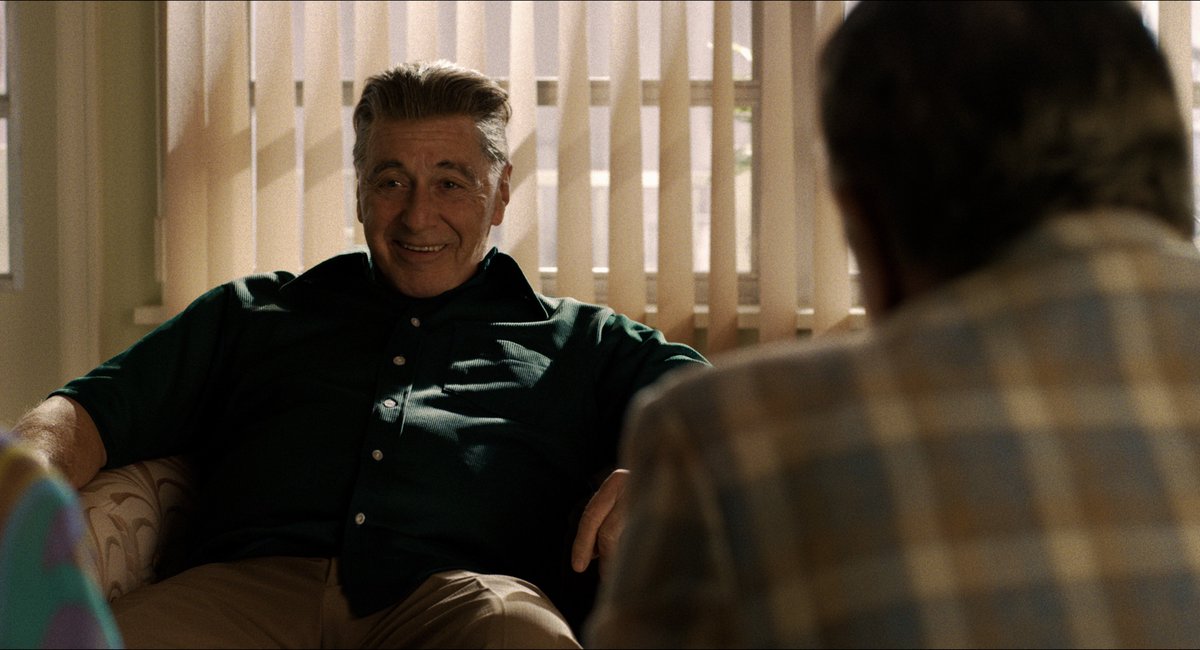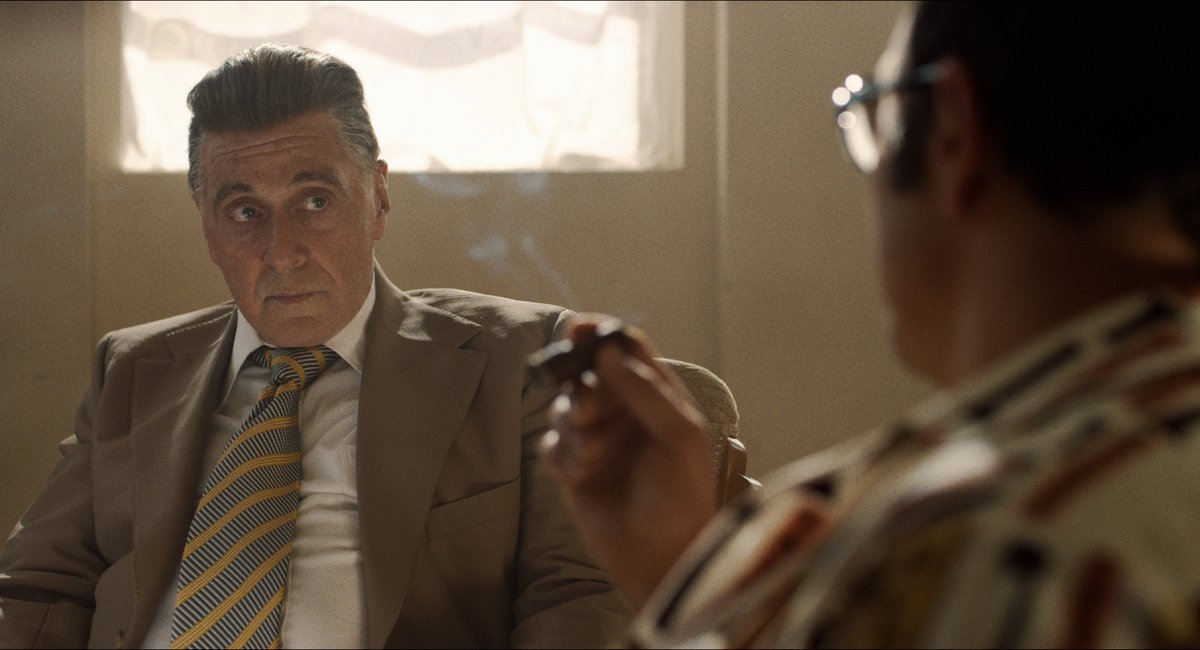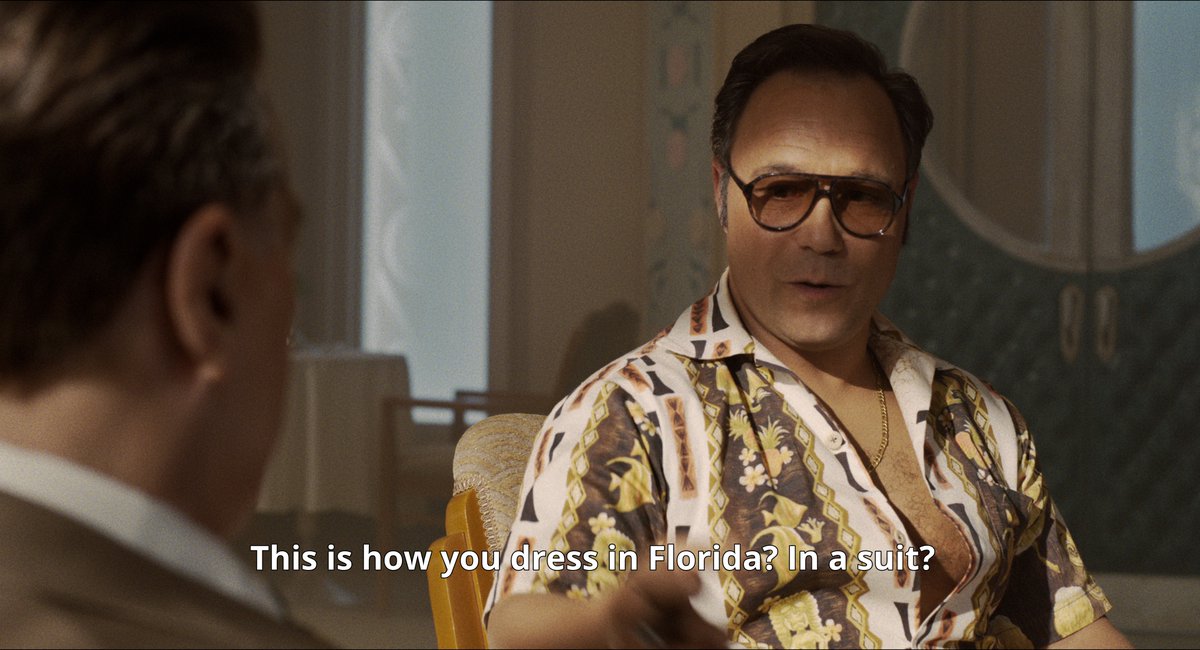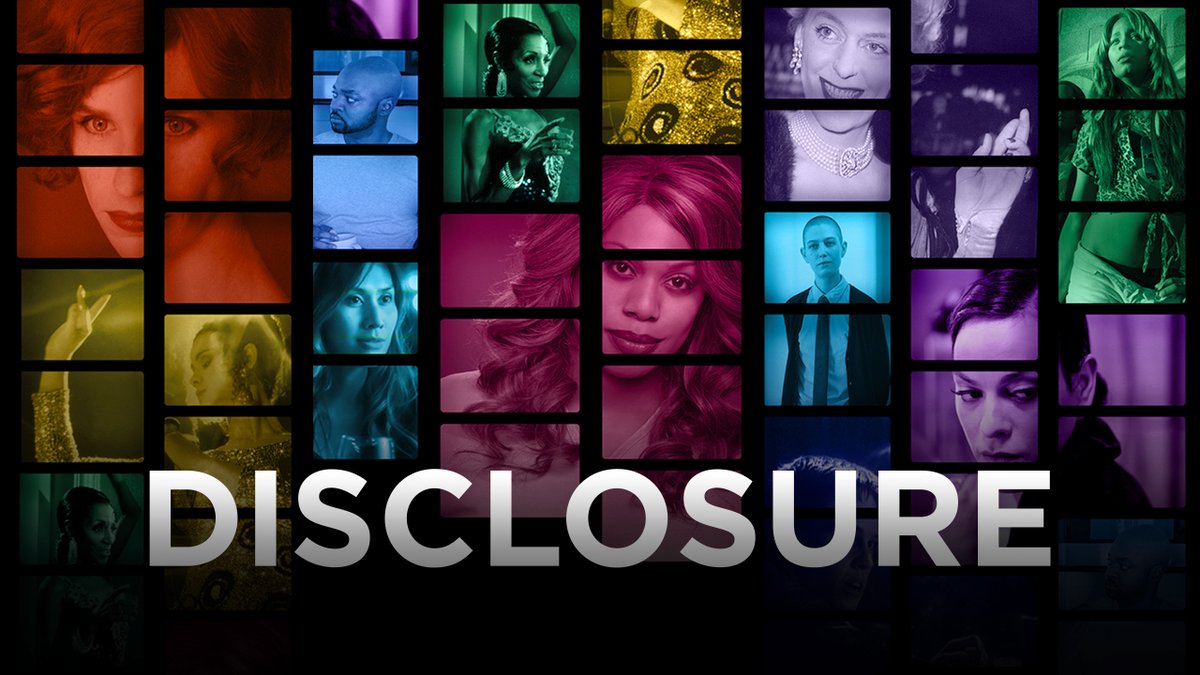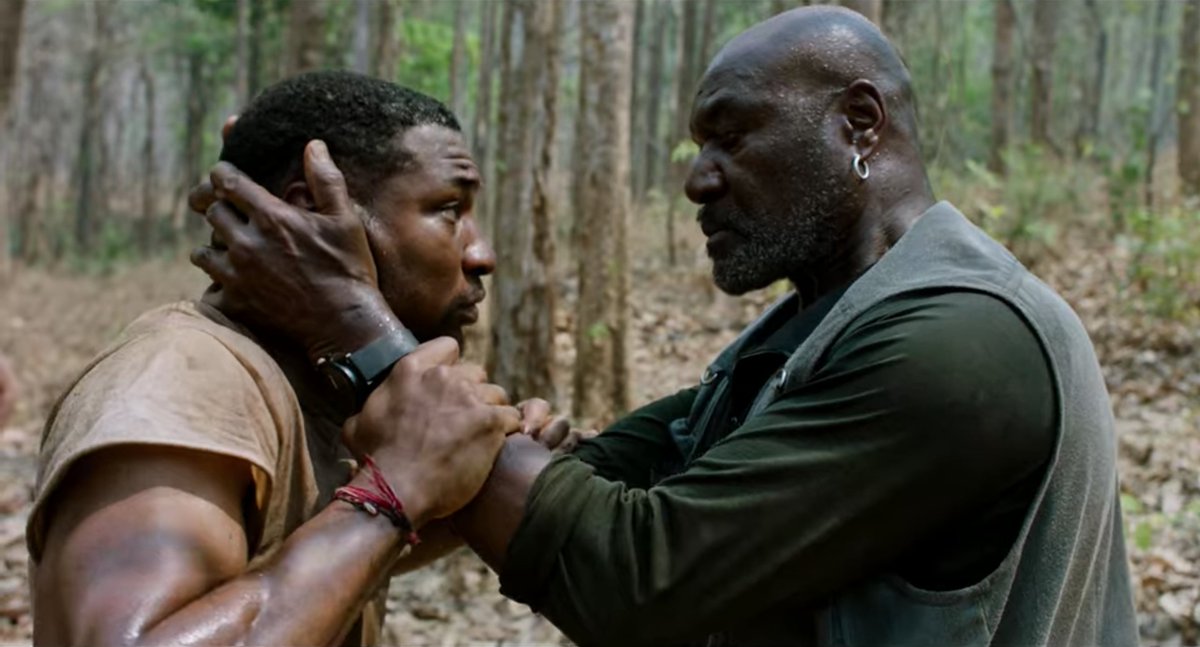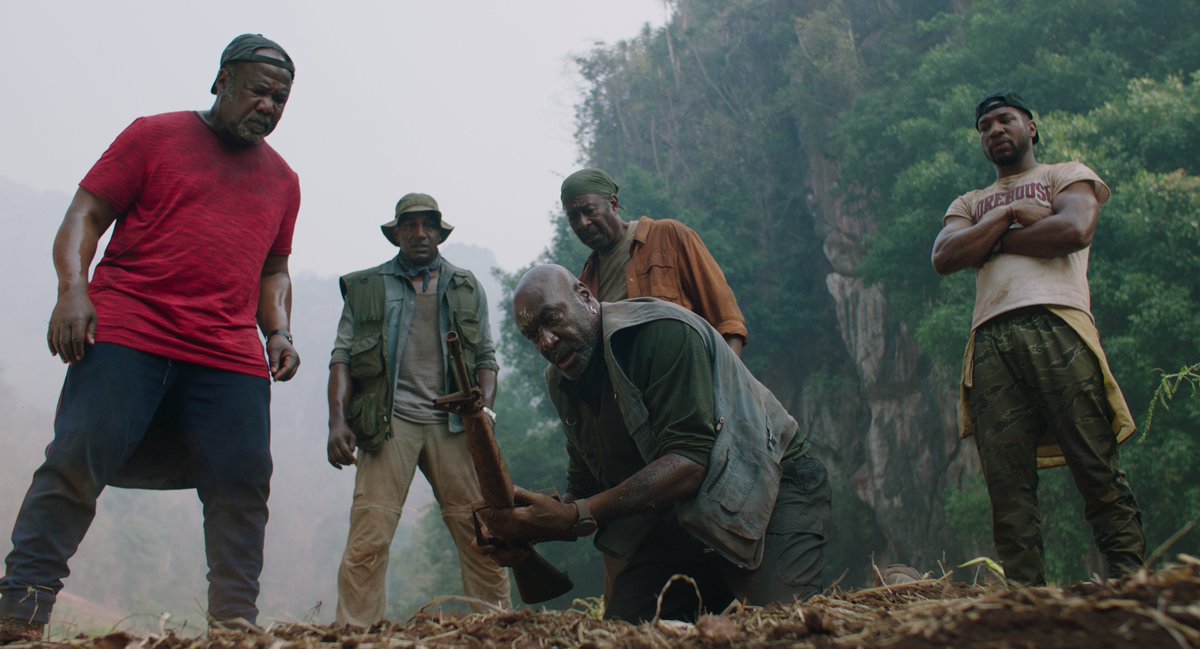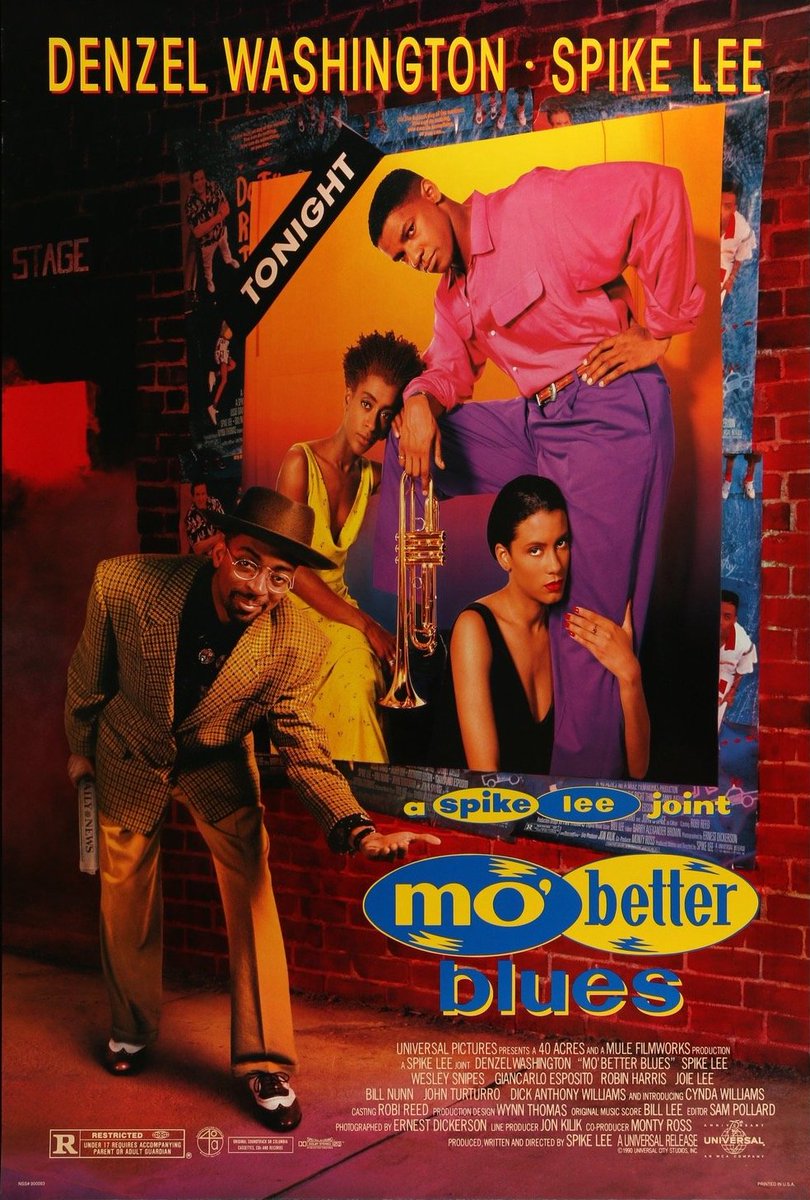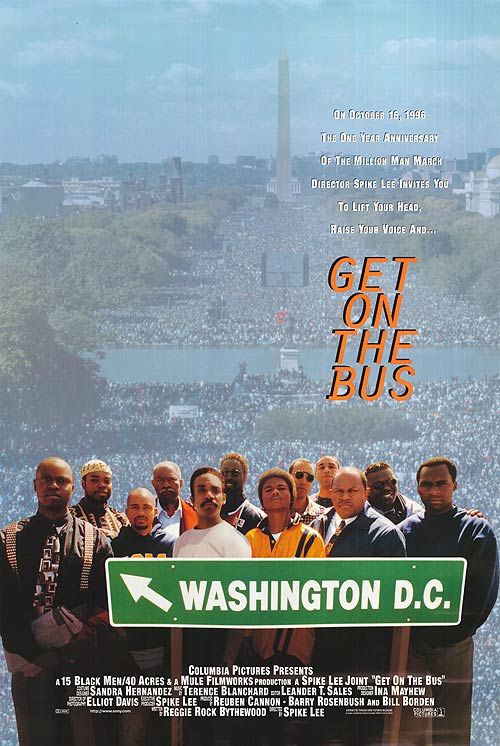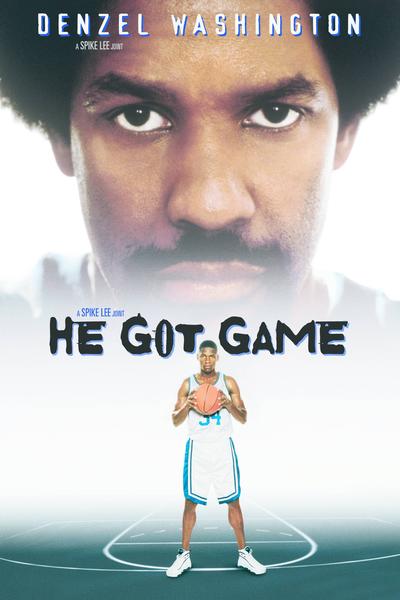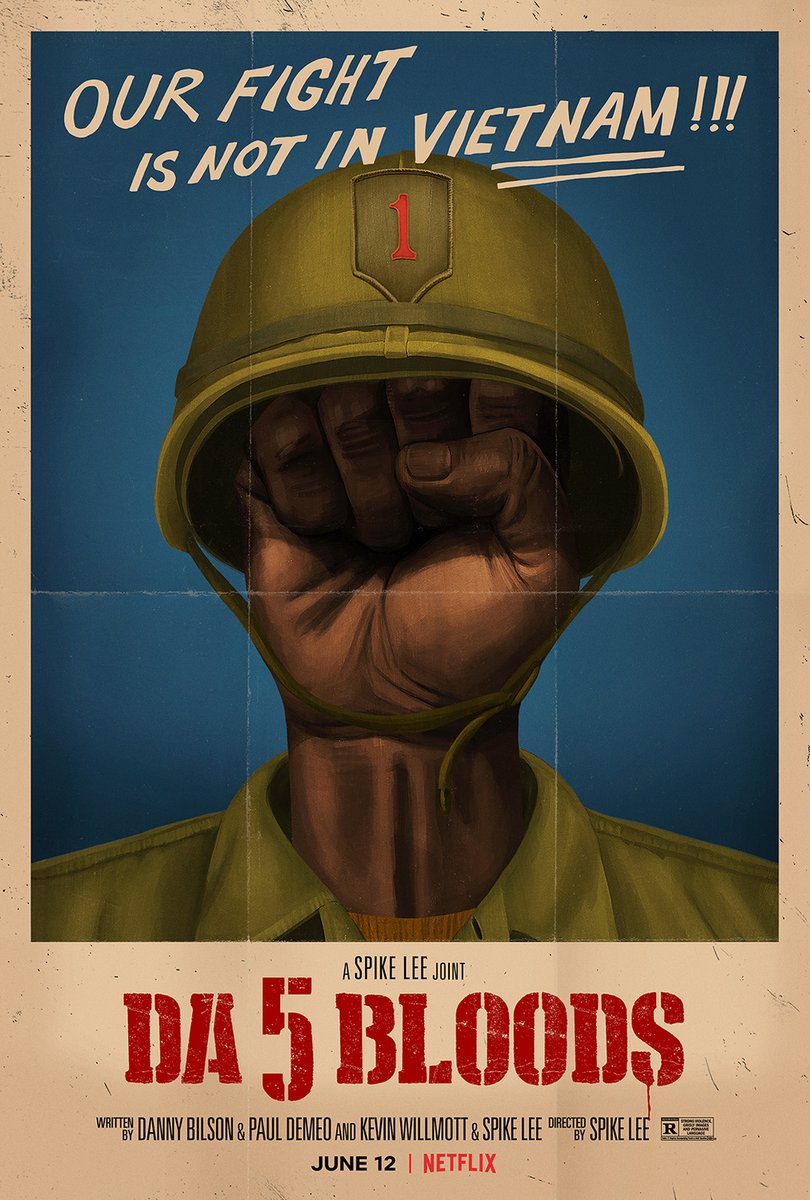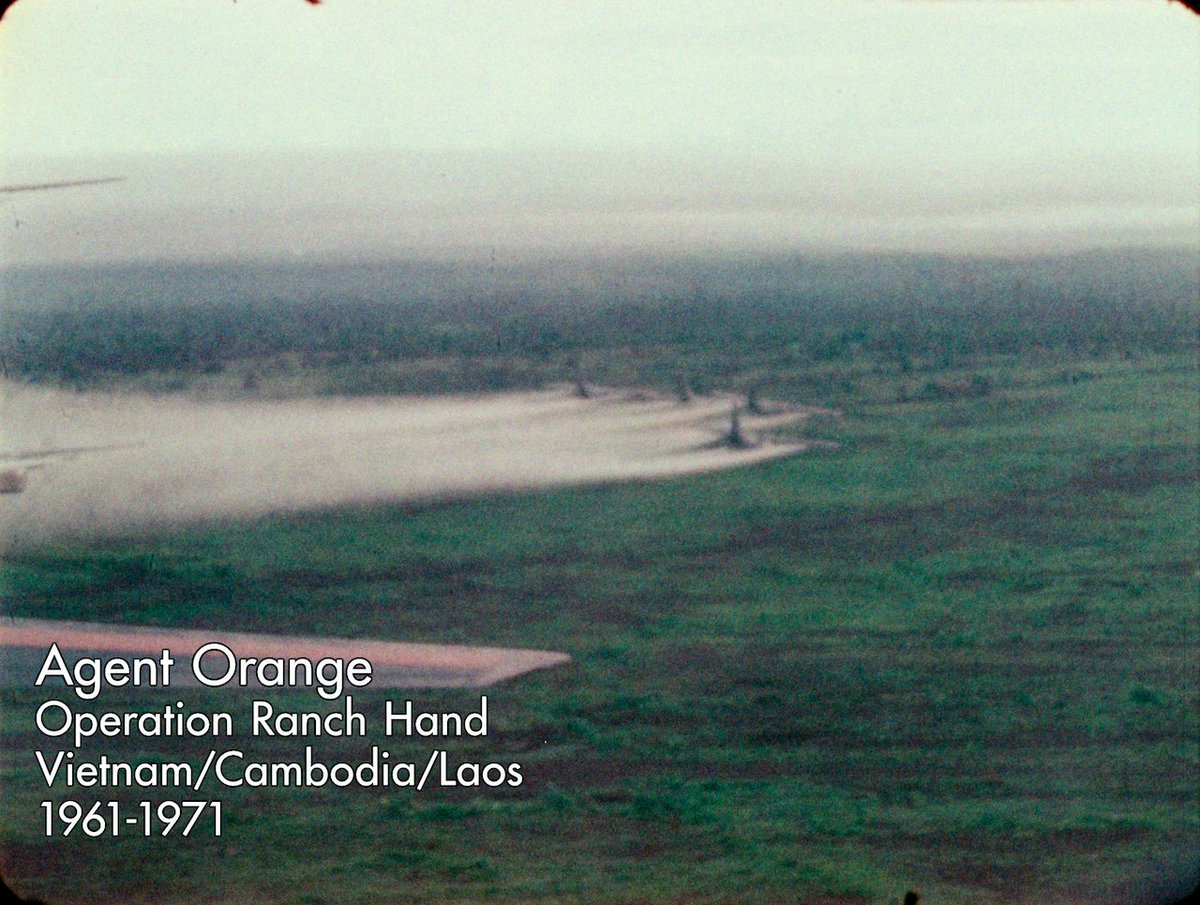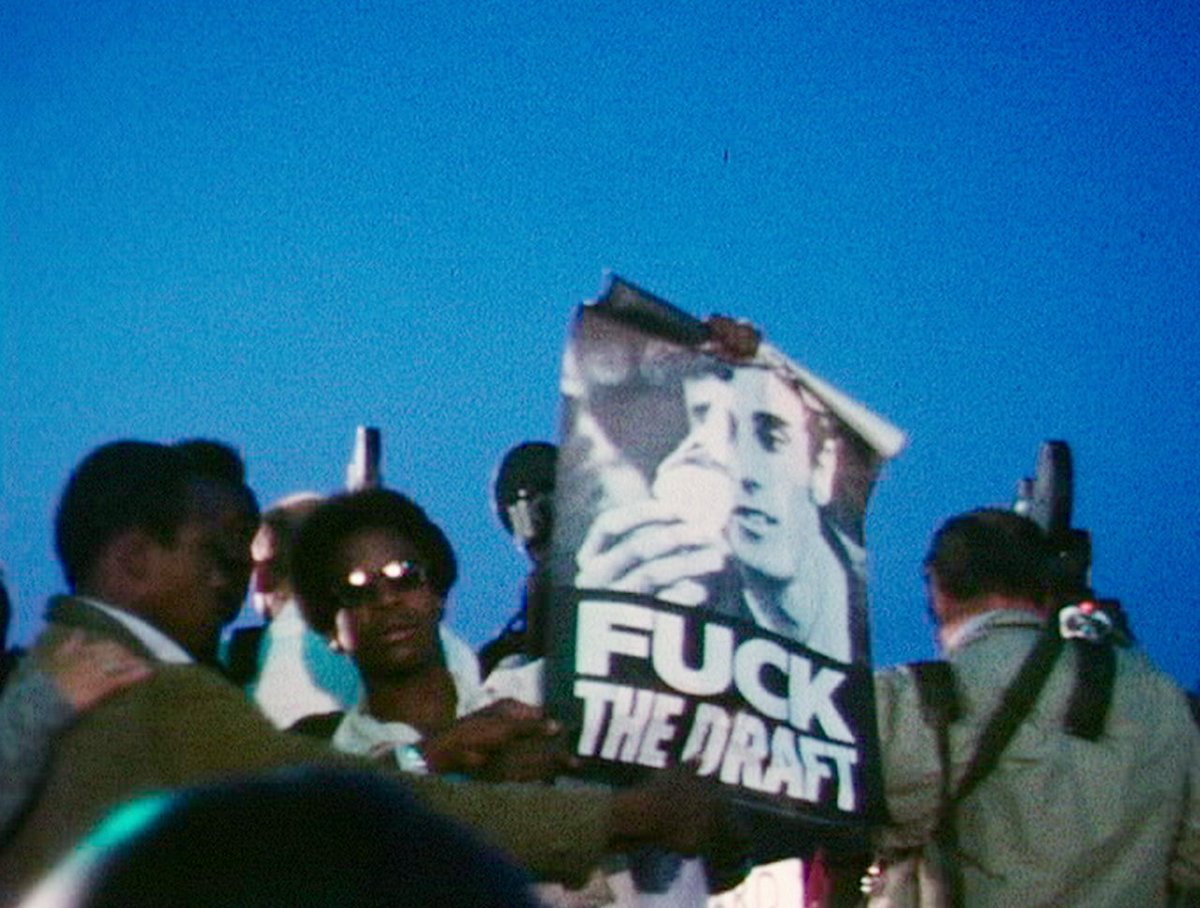
Here’s a challenge — who can watch every one of these hidden gems by the end of the year? Each brings a powerful, varied voice to the stage through @ava’s production company Array, which amplifies films made by women filmmakers and people of color.
Tag us with your progress!
Tag us with your progress!
THE BODY REMEMBERS WHEN THE WORLD BROKE OPEN — After a traumatic event, two Indigenous women in Vancouver are brought together and form a deep bond despite leading different lives. 

FUNNY BOY — A student must navigate issues of sexuality, identity, and family amid Sri Lanka’s social turmoil of the 1980s and 1980s. 

AINU MOSIR — A sensitive Ainu teen searches for a spiritual connection with his recently deceased dad while navigating his indigenous identity in a changing world. 

JEZEBEL — During the internet’s infancy, a vulnerable woman follows her sister into the sex industry as a webcam model but her sudden popularity tests their bond. 

BURNING CANE — A lonely mother, an unemployed son, and a grieving pastor question their faith, each in their own way. 

LINGUA FRANCA — An undocumented trans woman seeking legal status in the US becomes romantically involved with the grandson of the elderly woman she cares for. 

RESIDUE — A young screenwriter returns to his hometown to write a script based on his childhood and discovers his neighborhood has been gentrified. 

JUSTINE — A widowed, single mom takes a job caring for a young girl with spina bifida, and the two discover they have more in common than they realized. 

• • •
Missing some Tweet in this thread? You can try to
force a refresh










